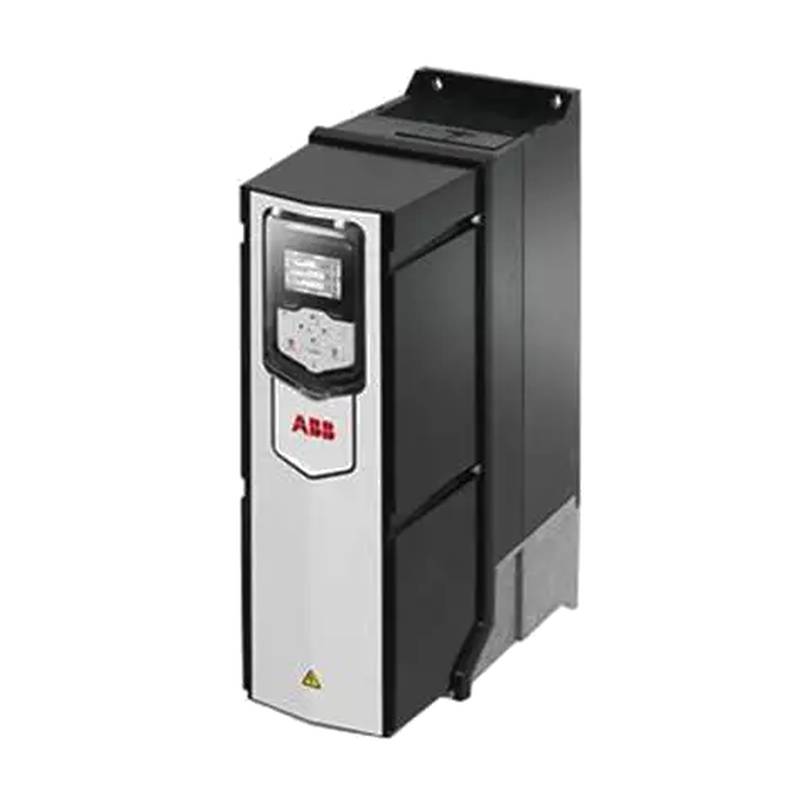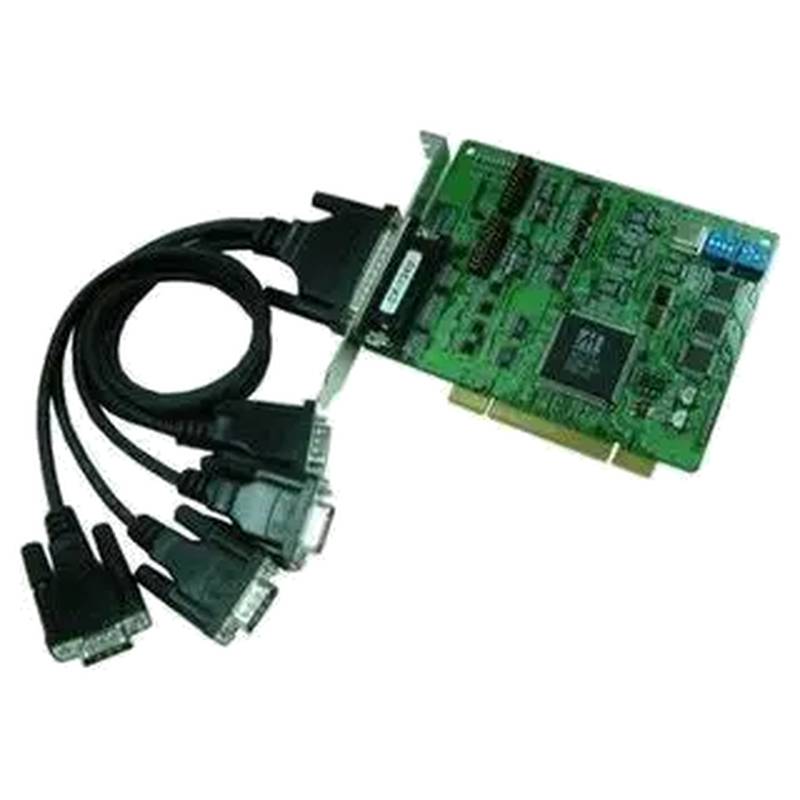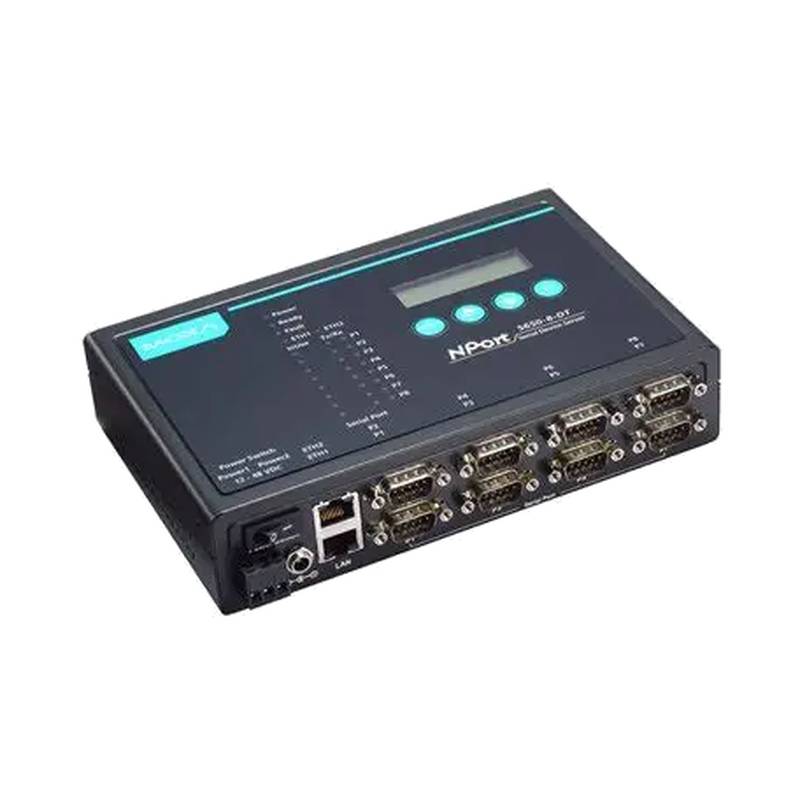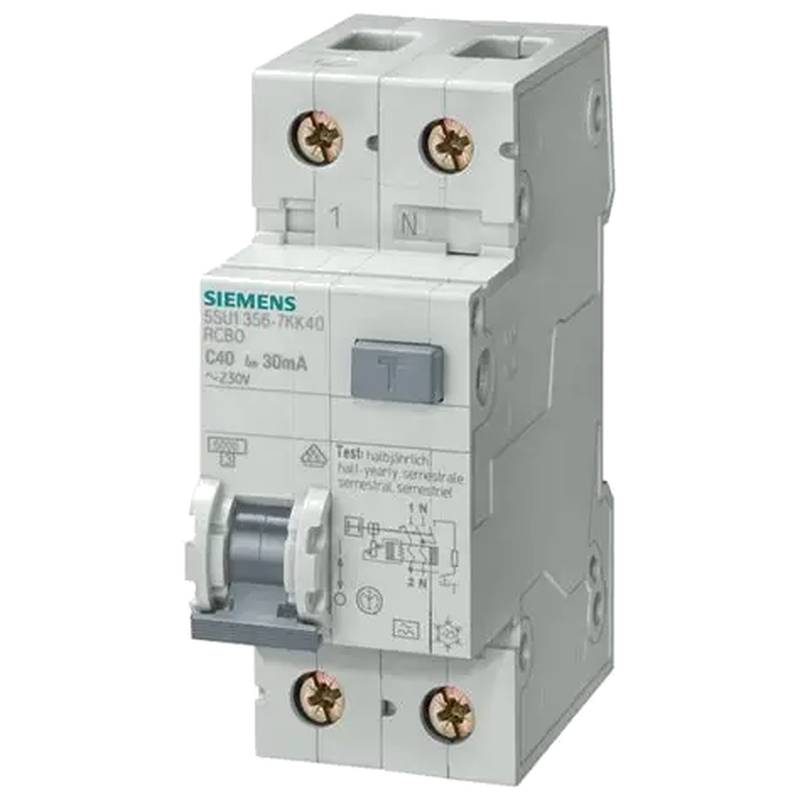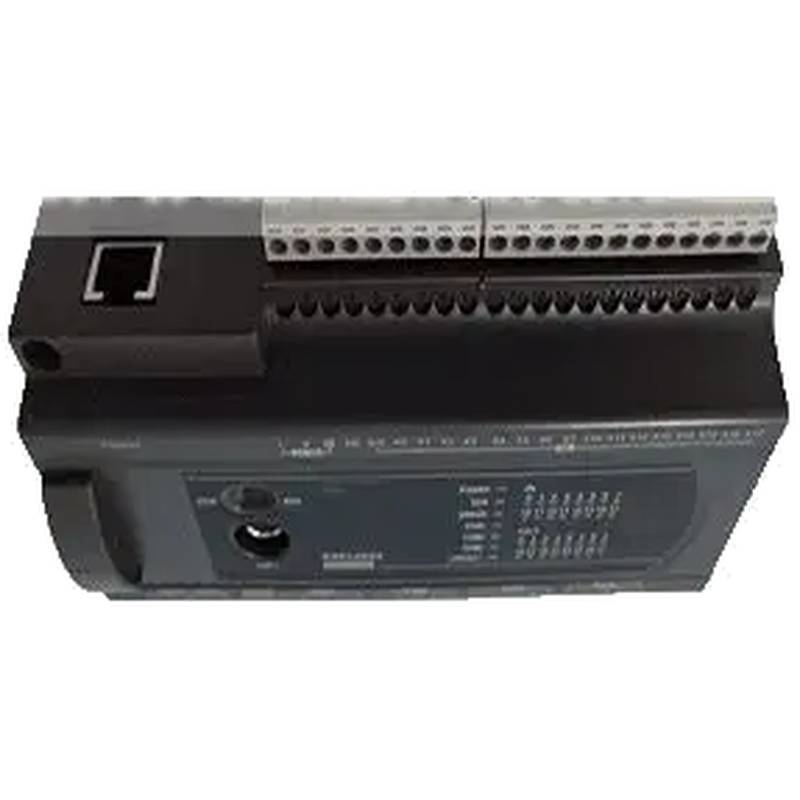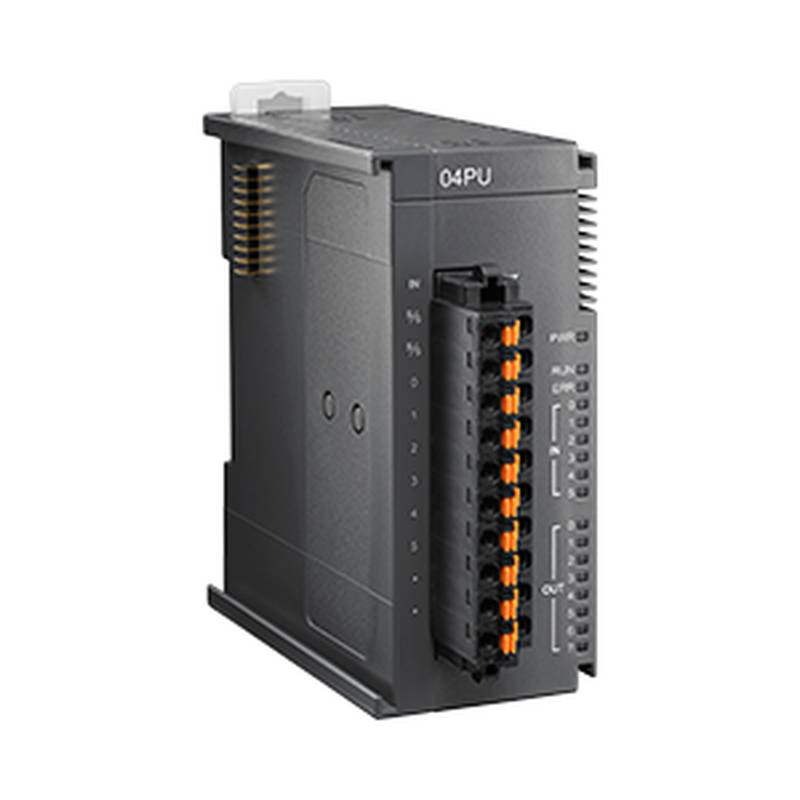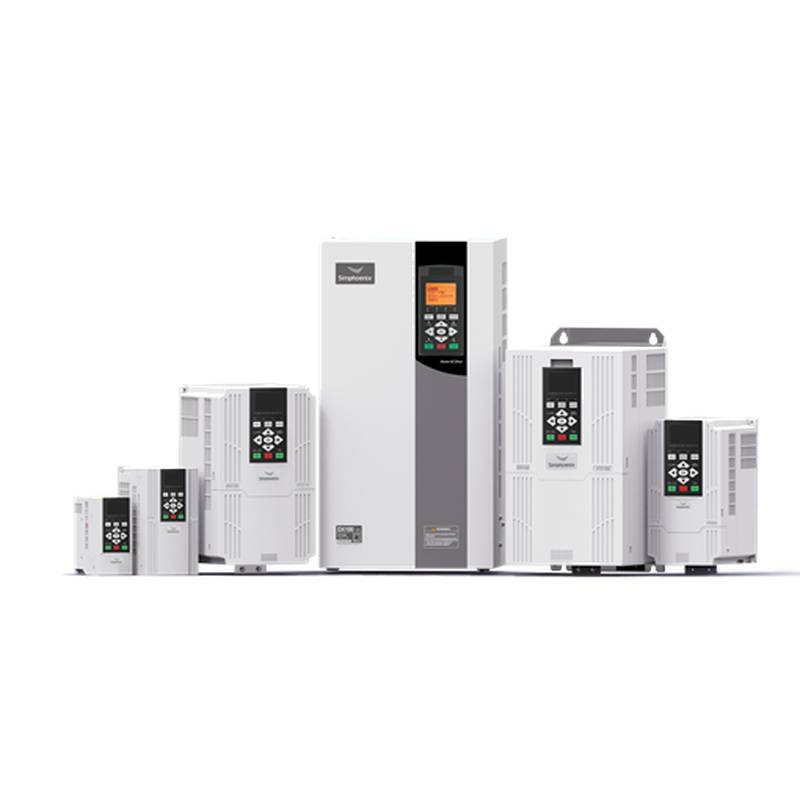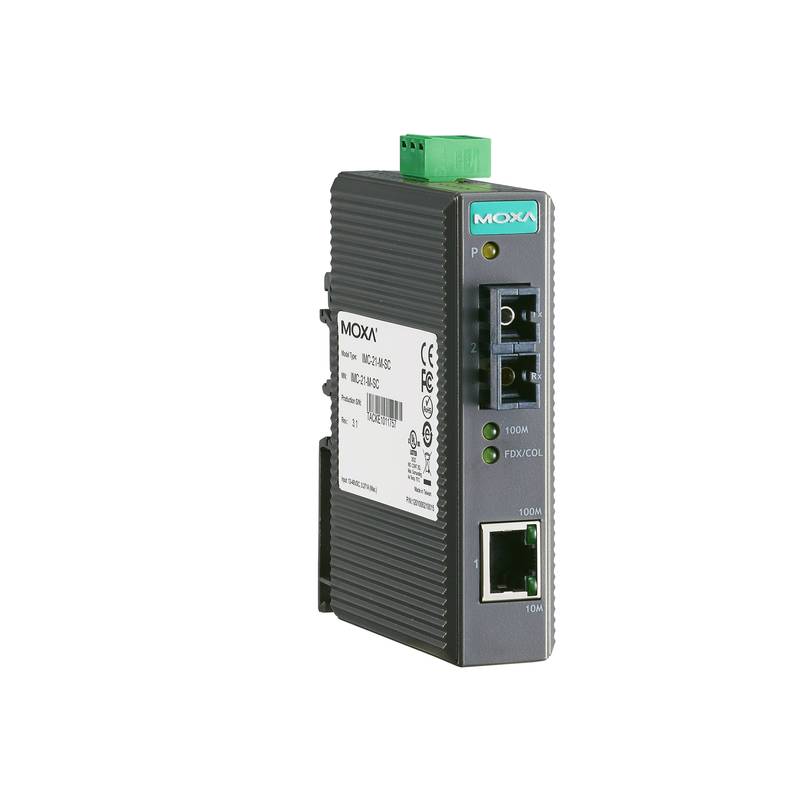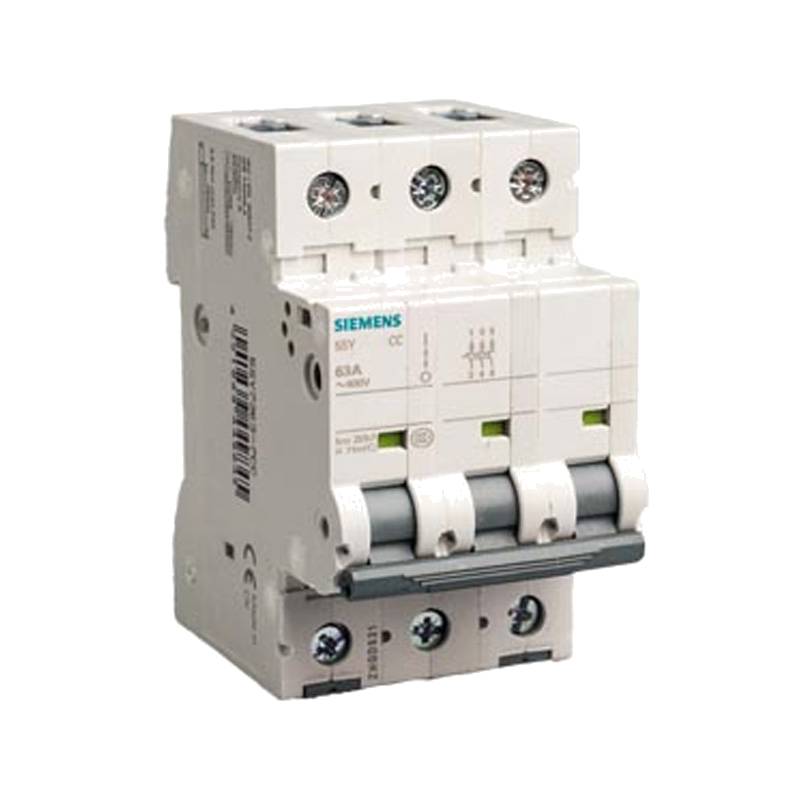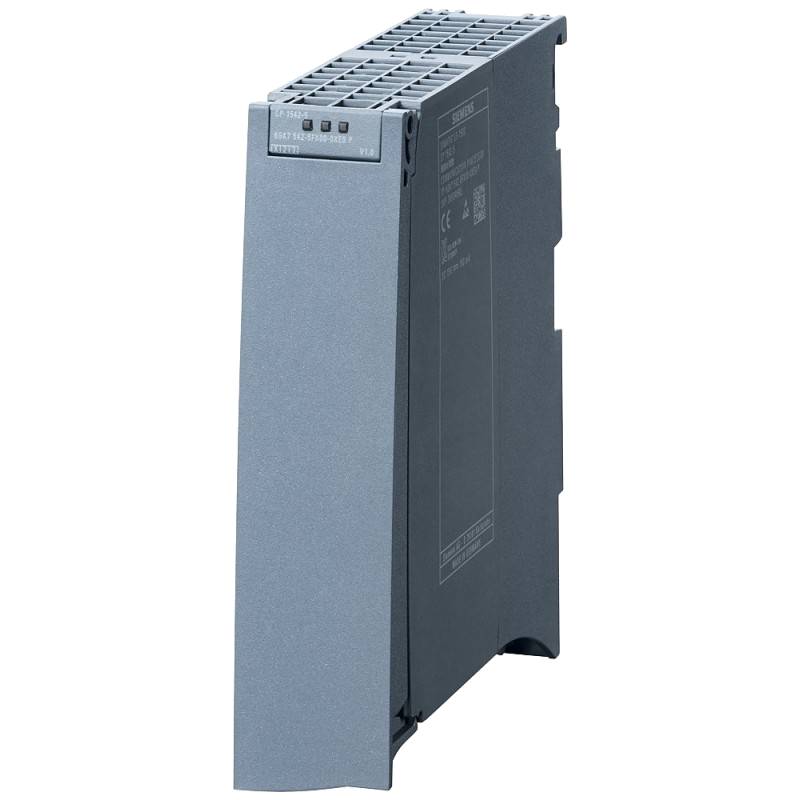
The ABB ACS880-01-09A4-3 AC drive frequency converter represents a robust and versatile solution for a wide array of industrial automation needs. Engineered for superior performance and reliability, this drive offers precise motor control, energy efficiency, and seamless integration into complex systems. Its core advantages lie in its advanced control technology, compact design, and comprehensive protection features, making it a preferred choice for demanding applications. Key technical parameters include a nominal output current of 9.4 A, a supply voltage range of 380-480V, and a power rating of 4 kW (5.5 HP). The ACS880-01 series is built on ABB's common drive platform, ensuring consistency and ease of use across different models.
Product Specifications
| Parameter | Value |
| :--------------------- | :----------------------------------------- |
| Model | ACS880-01-09A4-3 |
| Nominal Output Current | 9.4 A |
| Supply Voltage | 380-480 V |
| Motor Power Rating | 4 kW (5.5 HP) |
| Protection Class | IP21 (standard, other options available) |
| Mounting Type | Wall/Cabinet Mount |
| Control Method | Direct Torque Control (DTC), V/f Control |
| Dimensions (H x W x D) | 315 mm x 180 mm x 160 mm (approximate) |
| Ambient Temperature | -25 °C to +50 °C (derating may apply) |
Core Features & Market Positioning
The ABB ACS880-01-09A4-3 stands out in the competitive landscape due to its advanced Direct Torque Control (DTC) technology, which provides exceptional motor performance, rapid dynamic response, and precise speed and torque regulation without requiring a motor encoder. This technological edge positions it as a premium solution for applications where high accuracy and responsiveness are critical. Its robust construction and high level of protection (IP21 standard, with options for higher ratings) ensure dependable operation even in harsh industrial environments. The drive's energy-saving features, facilitated by optimized motor control, contribute to reduced operational costs and a smaller environmental footprint, aligning with modern sustainability goals and making it a valuable asset for cost-conscious operations.
Key Application Scenarios
This frequency converter is exceptionally well-suited for a diverse range of industrial applications. It is frequently deployed in material handling systems, such as conveyors and cranes, where precise speed and torque control are essential for smooth operation and load management. In the pump and fan industry, the ACS880-01-09A4-3 enables significant energy savings through variable speed operation, adapting flow and pressure precisely to demand, thereby reducing wear and tear on equipment. Furthermore, its capabilities extend to process industries, including food and beverage, water and wastewater, and general manufacturing, where it optimizes machinery performance for mixing, grinding, and extrusion processes, enhancing product quality and throughput.
Practical System Integration Guidance
Integrating the ABB ACS880-01-09A4-3 into existing systems is streamlined by its modular design and comprehensive connectivity options. The drive supports various fieldbus protocols, allowing for seamless communication with PLCs and SCADA systems, facilitating remote monitoring and control. Wiring is typically straightforward, with clearly labeled terminals for power input, motor output, and control signals. For initial commissioning, ABB provides intuitive software tools, such as Drive Composer, which allow for parameter configuration, program backup, and diagnostic analysis. Setting up basic motor parameters, including nominal voltage, current, frequency, and motor type, is crucial for optimal performance and protection. For advanced control strategies, such as PID control for process automation, parameters related to feedback sensors and setpoints need careful configuration.
Operation and Risk Mitigation
Safe and efficient operation of the ABB ACS880-01-09A4-3 is paramount. Users must adhere to installation guidelines, ensuring proper ventilation and grounding to prevent electrical hazards and ensure drive longevity. Familiarization with the drive's built-in protection functions is critical for risk mitigation. Common faults, such as overcurrent, overvoltage, and undervoltage, are typically indicated by specific fault codes on the drive's display. For instance, fault code F2001 might indicate an overcurrent condition, requiring an investigation into motor load or acceleration ramps. Understanding these fault codes and their corresponding causes allows for rapid troubleshooting and minimizes downtime. Regular maintenance, including checking connections and cleaning ventilation passages, further contributes to safe and reliable operation.
Scalability & Long-Term Value
The ABB ACS880-01-09A4-3 offers significant long-term value through its inherent scalability and compatibility. As part of ABB's common drive platform, it integrates seamlessly with other ACS880 series drives and a wide range of ABB motors and automation components, enabling easy system expansion or upgrades. The drive's firmware can be updated to incorporate new features and performance improvements, extending its useful life. Moreover, its compatibility with ABB's suite of digital services and Industrial Internet of Things (IIoT) solutions, such as remote monitoring and predictive maintenance platforms, allows businesses to leverage advanced data analytics for enhanced operational efficiency and reduced unplanned downtime, ensuring its relevance in evolving industrial landscapes.
Frequently Asked Questions (FAQs)
1. What is the primary function of the ABB ACS880-01-09A4-3?
This AC drive converts fixed frequency AC power to variable frequency AC power. It precisely controls motor speed and torque. This enables significant energy savings and optimized process control across various industrial applications.
2. What are the key technical specifications of the ACS880-01-09A4-3?
The drive has a nominal output current of 9.4 A and supports a supply voltage of 380-480V. Its rated motor power is 4 kW (5.5 HP). It features IP21 protection and is designed for wall or cabinet mounting.
3. How does the ABB ACS880-01-09A4-3 ensure precise motor control?
It utilizes ABB's advanced Direct Torque Control (DTC) technology. This method provides highly accurate speed and torque regulation. It also offers excellent dynamic performance without requiring a motor encoder.
1. Can the ACS880-01-09A4-3 be used in harsh industrial environments?
Yes, the drive is built with robustness in mind. It has a standard IP21 enclosure. Higher IP ratings are available as options for enhanced protection against dust and water.
2. What are common fault codes for this drive?
Common faults include overcurrent (e.g., F2001) and overvoltage/undervoltage. These codes indicate issues with motor load, acceleration, or power supply stability. Consulting the manual is key.
3. How can I troubleshoot common issues with the ACS880-01-09A4-3?
Troubleshooting involves checking motor parameters and load conditions. Verify connections and ensure adequate ventilation. Refer to the drive's fault code list for specific diagnostic guidance.
1. What are the main advantages of using ABB's Direct Torque Control (DTC)?
DTC offers superior motor performance and responsiveness. It ensures precise speed and torque management. It also simplifies system setup by often negating the need for an encoder.
2. How does the ACS880-01-09A4-3 contribute to energy efficiency?
By precisely controlling motor speed based on demand, it minimizes energy consumption. Variable speed operation reduces wasted energy compared to fixed-speed systems. This leads to lower operational costs.
3. What types of industrial applications is this drive best suited for?
It excels in material handling, pumps, fans, and process industries. Applications include conveyors, mixers, extruders, and HVAC systems requiring variable speed control.
1. Is it easy to integrate the ACS880-01-09A4-3 into existing control systems?
Yes, it supports various fieldbus protocols for seamless PLC integration. Its modular design and clear terminal layout simplify wiring and setup. Drive Composer software aids configuration.
2. What kind of programming or setup is required for basic operation?
Basic setup involves configuring motor nominal data (voltage, current, frequency). Setting acceleration/deceleration ramps and desired speed references is also crucial. Intuitive software assists in this process.
3. Can this drive be remotely monitored or controlled?
Yes, through its communication interface options. It can be integrated with SCADA systems and other remote monitoring platforms. This allows for real-time data access and control.
1. What safety precautions should be taken when operating this drive?
Ensure proper grounding and adequate ventilation. Follow all electrical safety standards during installation and maintenance. Be aware of stored energy even after power disconnection.
2. How does the drive protect itself and the motor?
It incorporates extensive protection functions like overcurrent, overvoltage, and thermal overload. These prevent damage to the drive and the connected motor from electrical disturbances. It also monitors for phase loss.
3. What happens if a critical fault occurs?
The drive will typically shut down safely and display a specific fault code. This code provides information for diagnosis. It is essential to address the fault before restarting the drive to prevent further damage.
1. How is the ACS880-01-09A4-3 scalable for future needs?
It is part of ABB's common drive platform, allowing easy integration with other ABB products. System expansion is supported through modular options and various communication protocols. Firmware updates also enhance capabilities.
2. What is the long-term value proposition of this drive?
Its durability, energy efficiency, and upgradeable firmware offer sustained operational benefits. Compatibility with ABB's digital solutions ensures relevance in IIoT environments. It provides a reliable foundation for automation.
3. Can this drive be connected to IIoT platforms?
Yes, it can be integrated with ABB Ability™ solutions and other IIoT platforms. This enables advanced data analytics, predictive maintenance, and remote diagnostics for optimized performance.














